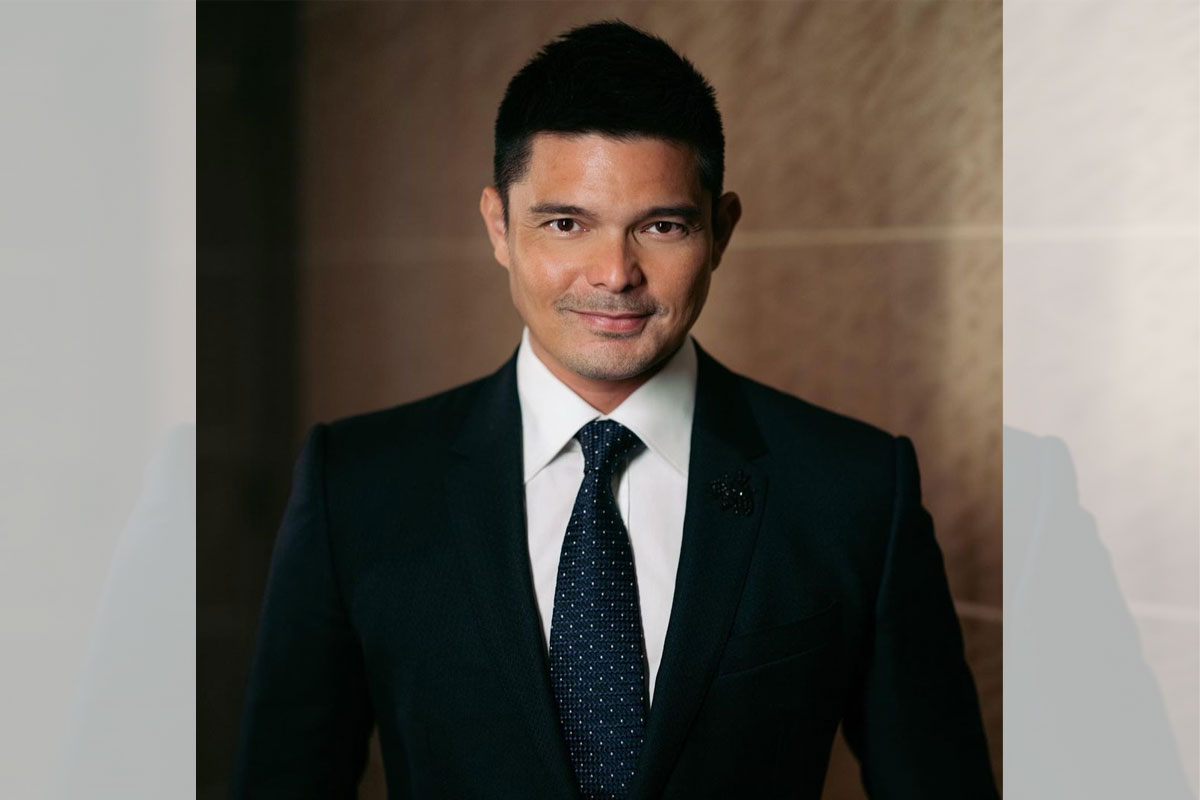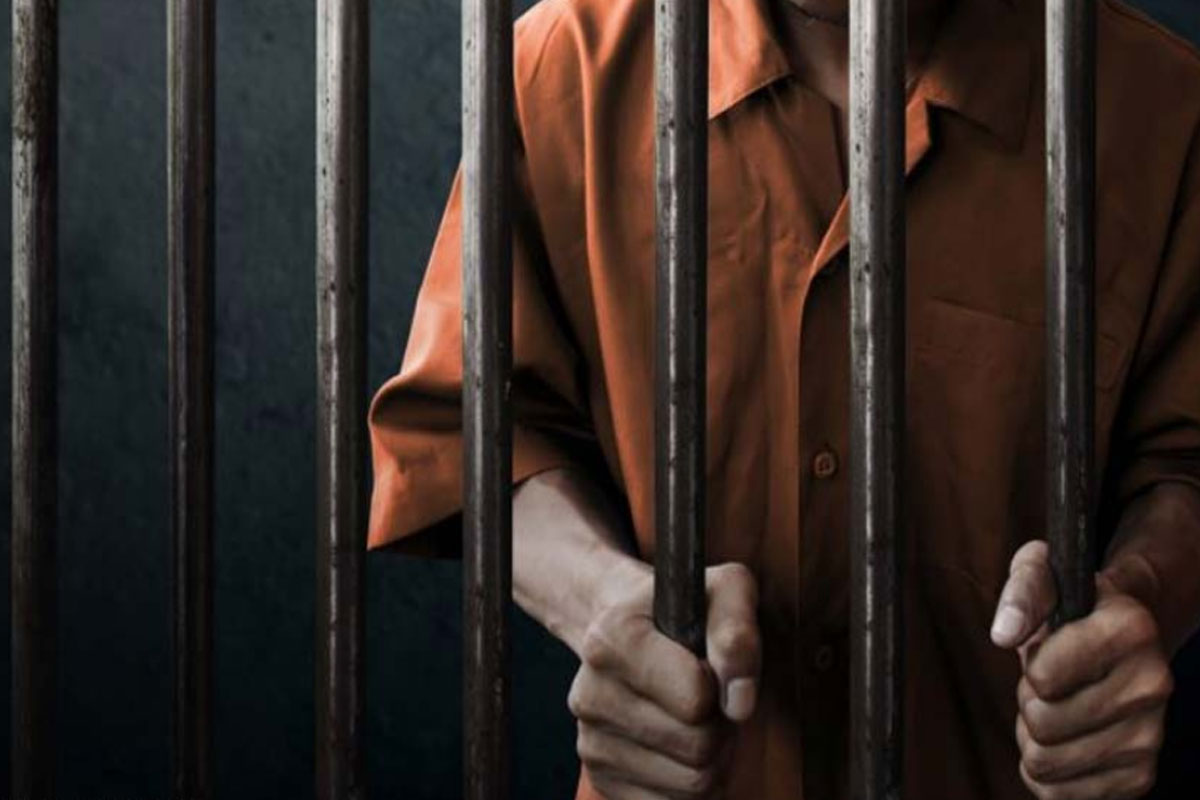
Mental Health Epidemic in the Philippines: Treatment Strategies Proposed
 EVERYONE feels worried or anxious or down from time to time. But relatively few people develop a mental illness. What’s the difference? A mental illness is a mental health condition that gets in the way of thinking, relating to others, and day-to-day functions.
EVERYONE feels worried or anxious or down from time to time. But relatively few people develop a mental illness. What’s the difference? A mental illness is a mental health condition that gets in the way of thinking, relating to others, and day-to-day functions.
Dozens of mental illnesses have been identified and defined. They include depression, generalized anxiety disorder, bipolar disorder, obsessive-compulsive disorder, post-traumatic stress disorder, schizophrenia, and many more.
Mental illness is an equal opportunity issue. It affects young and old, male and female, and individuals of every race, ethnic background, education level, and income level. The good news is that it can often be treated.
Signs and symptoms of mental illness depend in part on the illness. Common symptoms include : feeling down for a while extreme swings in mood withdrawing from family, friends, or activities low energy or problems sleeping often feeling angry, hostile, or violent feeling paranoid, hearing voices, or having hallucinations often thinking about death or suicide.
The mental health crisis in the Philippines is a national emergency. Children and young people have emerged from the COVID-19 pandemic and the physical and mental health challenges it brought, into a society that is even more unequal than before the pandemic.
Mental, neurological and substance use conditions, including depression, anxiety disorders, psychosis, epilepsy, dementia and alcohol-use disorders, pose a significant challenge in the Philippines.
JM Canlas, former child actor and youngest brother of Gameboys star Elijah Canlas, died on Friday, August 3. He was 17.
His brother Jerom confirmed the news in a Facebook post announcing the death of the family’s bunso (youngest) with “the heaviest heart and deep sorrow.” No cause of death was disclosed.
However, Jerom mentioned that JM – whose full name is Jamile Matthew Madiclum Canlas – had been struggling with his mental health.
Senate probe on Mental Health Problem
Following the increase in the number of deaths by suicide in recent years, Senator Win Gatchalian has filed a resolution seeking a Senate inquiry into the implementation of the Mental Health Act (Republic Act No. 11036).
“Considering a looming mental health pandemic, it is crucial for the government to urgently intervene by improving and investing in mental health services across healthcare, protection, education, and welfare,” Gatchalian said.
In filing Proposed Senate Resolution No. 671, Gatchalian highlighted the significance of COVID-19 as a wake-up call to prioritize public mental health services in the country. Despite the initiation of national and local mental health programs during the pandemic, a February 2021 policy brief from De La Salle University revealed sporadic efforts and a lack of comprehensive collaborative approach.
Citing data from the Philippine Statistics Authority (PSA), Gatchalian sounded the alarm on the 74% increase in suicide incidents from 2019 to 2020, which then made it the 28th leading cause of death in the country. In 2019, suicides ranked as the 39th leading cause of death in the Philippines. There were 4,892 recorded cases of death due to intentional self-harm in 2020, surpassing the 2,808 deaths recorded in 2019.
While the preliminary estimated number of suicides for 2022 stood at 2,865, the average number of deaths by suicide rose significantly during and after the pandemic. From the pre-pandemic annual average of 2,752 recorded from 2017 to 2019, the annual average of deaths by suicide rose to 4,085 from 2020 to 2022.
The Chairperson of the Senate Committee on Basic Education also emphasized that learners were not spared from the pandemic’s impact on Filipinos’ mental health. For School Years 2020-2021 and 2021-2022, data from the Department of Education (DepEd) showed that 412 learners died by suicide.
In a hearing conducted by the Senate Committee on Health and Demography on May 9, 2023, Gatchalian pointed out that the National Center for Mental Health received 3,125 calls in 2019, 700 of which were suicide related. In 2020, the calls increased to 11,000, with suicide-related calls rising to 2,800. The number of calls further rose to 14,000 in 2021, and 5,000 of which are suicide related. This is almost seven times higher than the figure in 2019
Sen. Sherwin Gatchalian, chair of the Senate committee on basic education, in May 2023 pointed out the vulnerability of young people to mental health problems.
Still citing data from the NCMH, the senator said that 20 percent or 4,6800 of the total 21,648 suicide-related calls in 2021 accounted for callers younger than 17 years old while around 60 percent were aged 18 to 30.
These numbers, he stressed, suggest that 80 percent of those who call the NCMH belong to the working group while the rest are students.
Gatchalian previously called for institutionalizing a school-based mental health program in public and private basic education institutions nationwide.
He also sponsored the Basic Education Mental Health and Well-Being Promotion Act (Senate Bill No. 2200), which seeks to strengthen the delivery of mental health services in the country’s basic education schools.
COVID pandemic: A major trigger
Research on mental health during the COVID-19 pandemic has reported an increase in prevalence of insomnia, anxiety, and depression during this pandemic (Pappa et al., 2020; Tee et al., 2020). Stay-at-home orders and lockdowns appear to have increased feelings of loneliness (Agnieszka et al., 2021; Evans et al., 2021).
In the Philippines, the mental health system has different types of mental health facilities, and some need to be strengthened and developed. At present, mental hospitals are working within their capacity (in terms of number of beds/patient), even though there has been no increase in number of beds in the last 5 years.
Impact to the Economy
Mental health conditions cost the Philippine economy a staggering PHP 68.9 billion (US$ 1.37 billion) each year, equivalent to 0.4% of its GDP, according to a mental health investment case for the Philippines launched by the Department of Health (DOH) and the United Nations in Manila last 13 October 2021 during the 4th Public Health Convention on Mental Health.
Based on the findings of the Investment Case Report on Mental Health in the Philippines, around 96% of this cost comes from loss in productivity, with the remaining 4% coming from healthcare costs.
The good news is that investing in a small set of evidence-based, cost-effective actions could result in 700,000 healthy life years gained and over 5,000 lives being saved in the Philippines, with economic benefits of PHP 217 billion (US$ 4.3 billion) over the next 10 years.
Treatment Strategies :
In 1938, Harvard researchers embarked on a decades long study to find out:
What makes us happy in life?
The 85 year old Harvard Study found out that the following factors contribute to a happier, healthier and longer life :
Physical activity
No smoking or drinking alcohol
Normal body weight
Mechanisms to cope up with life ups and downs
Stability of marriage
Stay connected
The Harvard Study has found a strong association between happiness and close relationships like spouses, family, friends, and social circles. “Personal connection creates mental and emotional stimulation, which are automatic mood boosters, while isolation is a mood buster,” says Dr. Waldinger. This is also an opportunity to focus on positive relationships and let go of negative people in your life, or at least minimize your interactions with them.
The researchers gathered health records from 724 participants from all over the world and asked detailed questions about their lives at two-year intervals.
Contrary to what you might think, it’s not career achievement, money, exercise, or a healthy diet. The most consistent finding we’ve learned through 85 years of study on Happiness by Harvard is: Positive relationships keep us happier, healthier, and help us live longer.
Individuals with a mental illness can often ease their symptoms and feel better by talking with a therapist and following a treatment plan that may or may not include medication.
Some people find complementary and alternative therapies helpful to manage stress and other common symptoms of mental health problems. These can include things like yoga, meditation, aromatherapy, hypnotherapy, herbal remedies and acupuncture.
Many of the healthy habits that contribute to our wellness and happiness also reduce stress and minimize its effects.
Get Some Exercise. Exercise, especially aerobic exercise, is a great way to help reduce stress. …
Get More Sleep. …
Manage Your Money. …
Adjust Your Attitude. …
Learn a Relaxation Technique. …
Get Counselling.
If you or anyone you know need assistance with mental health concerns, the Department of Health has national crisis hotlines that can be reached via landline at 1553; and via mobile at 0917-899-8727 and 0966-351-4518 (Globe); and 0908-639-2672 (Smart/Sun/TNT).
###
Anthony C. Leachon, M. D.
Independent Health Reform Advocate
Past President ,
Philippine College of Physicians
Internist – Cardiologist
Manila Doctors Hospital




















